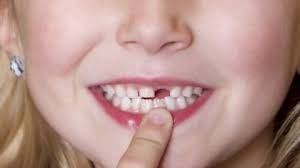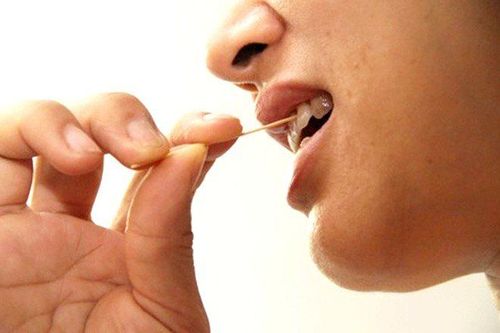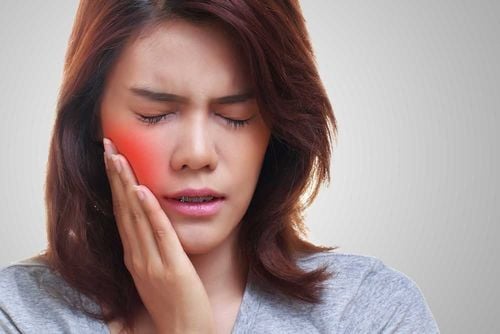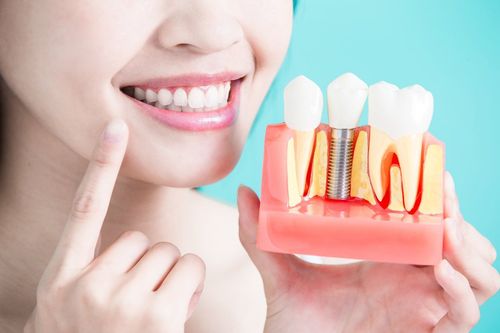This is an automatically translated article.
In a study evaluating the influence of lifestyle factors on oral health, smoking was the leading factor affecting the progression of periodontal disease, a serious oral disease. The second factor ranked after is the level of sleep quality.
1. Effects of smoking on general health
Smoking can adversely affect the body in many ways. Risks can build up over many years leading to a variety of conditions such as cancers of the oral cavity, pharynx, larynx, and esophagus. Smokers also have a higher rate of pancreatic cancer. Even “passive smokers” (inadvertently inhaling secondhand smoke) face a higher risk of oral cavity cancer.
Smoking also affects the hormone insulin in the body, making smokers more likely to develop insulin resistance and increasing the risk of type 2 diabetes and related complications. Disease progression also occurs at a faster rate than in non-smokers.
2. Why is smoking related to periodontal disease?
A study that followed 219 factory workers from 1999 to 2003 by the Osaka University School of Dentistry drew many important conclusions about the relationship between periodontal disease and various lifestyle factors.
Specifically, the researchers analyzed the impact of a variety of lifestyle factors on the progression of periodontal disease in workers, including: exercise habits, alcohol use, smoking, etc. hours of sleep, nutrition, level of mental stress, working hours and eating.
Of all the lifestyle factors examined, the researchers found that the leading factor influencing the progression of periodontal disease in particular and oral health in general, was smoking habits. medicine. This result corresponds to another publication in the Journal of Periodontology, which also showed that more than 41% of people who have experienced severe gum problems are also smokers.
Periodontal disease not only seriously affects teeth and gums, but can also lead to tooth loss. The main cause is thought to be due to the accumulation of food plaque between the teeth that promotes bacteria growth in the mouth.
Besides, research also shows that other lifestyle factors also contribute to the oral health of patients.

Hút thuốc lá có thể ảnh hưởng xấu đến răng miệng theo nhiều cách
3. The impact of sleep on oral health
After smoking, lack of sleep is the second most important lifestyle factor affecting periodontal disease. Research shows that people who get enough sleep (6 to 8 hours per night) show less progression of periodontal disease than those who sleep less than 6 hours per night. Besides, high stress levels and daily alcohol consumption also affect oral health.
Prolonged stress and psychological stress also lead to a form of jaw muscle movement disorder, which is grinding teeth while sleeping. Frequent teeth grinding can cause damage in the mouth, typically tooth erosion (severe can lead to pulp damage, easy tooth loss) or temporomandibular joint disorders. In addition, people who do not sleep well and grind their teeth while sleeping are also likely to have other sleep disorders, such as snoring, sleep apnea ...
In addition, people who are "addicted" to staying up late also have There is a high chance that you will forget or skip the steps to take care of your teeth before going to sleep. This can also lead to the habit of getting up late and skipping breakfast, instead snacking instead. If this situation goes on for a long time, it will increase the risk of tooth decay, affecting overall oral health.
Thus, the above study has shown patients that in addition to flossing and brushing, there are other lifestyle factors that affect their oral health. Changing lifestyles and habits such as getting enough sleep, quitting smoking can help patients protect their oral health in particular and the overall health of the body in general.
Please dial HOTLINE for more information or register for an appointment HERE. Download MyVinmec app to make appointments faster and to manage your bookings easily.
Reference sources: webmd.com, healthline.com












